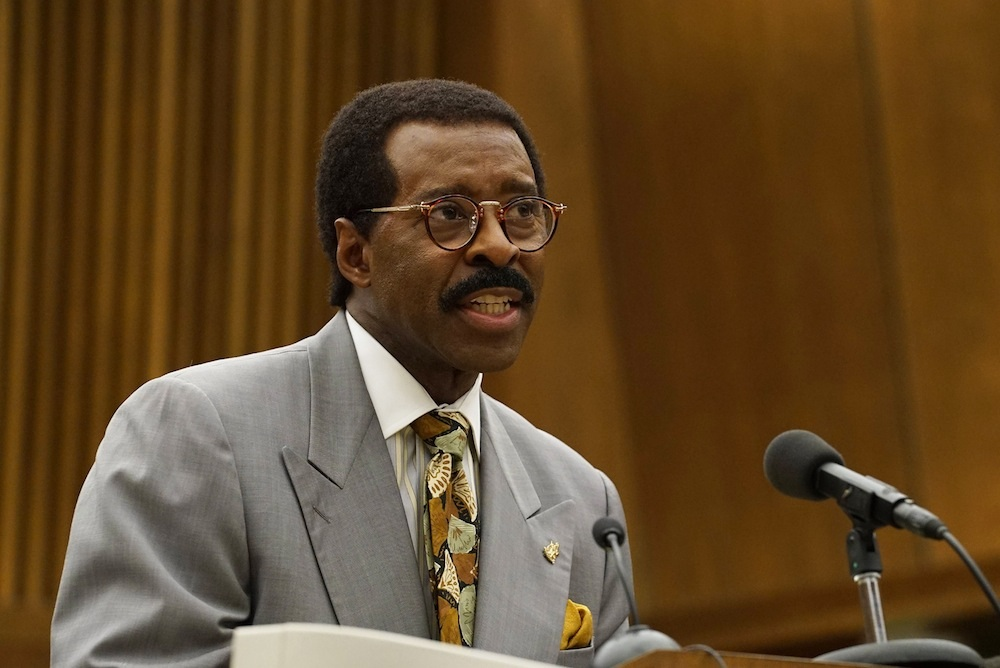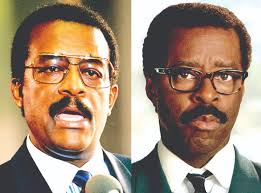Happy Monday!
Friday’s questions are here. Many thanks to all who sent stories of things we no longer collect! I’ll share a list later this week. The answers follow today’s Honor Roll.
Honor Roll
- Karen Allen, Karen Allen Law
- Matt Anderson, Pratt Vreeland Kennelly Martin & White
- Penny Benelli, Dakin & Benelli
- Alberto Bernabe, Law Professor, UIC Law
- Kristen Connors, Montroll Oettinger & Blanquist
- Andrew Delaney, Martin Delaney & Ricci Law Group
- Robert Grundstein
- Glenn Jarrett, Jarrett/Hoyt
- The Honorable Pam Marsh, Probate Judge, Addison County
- Jack McCullough, Project Director, Mental Health Law Project, Vermont Legal Aid
- Jeffrey Messina, Flynn Messina Law
- Keith Roberts, Darby Kolter & Roberts
- Jim Runcie, Olivette & Runcie
- Joe Strain, Marsicovetere & Levine Law Group
- Jonathan Teller-Elsberg, Staff Attorney, New Hampshire Legal Assistance
- Jason Warfield, Jason Warfield Family Law & Mediation
- Peter Young, General Counsel, Vermont Rail System
- Brendan Walsh, Quantum Leap Capital
- Thomas Wilkinson, Jr., Cozen O’Connor
ANSWERS
Question 1
A comment to a rule states that “information acquired in a prior representation may have been rendered obsolete by the passage of time, a circumstance that may be relevant in determining whether two matters are substantially related.”
Which two of the 7 Cs of Legal Ethics does the rule address?
Conflicts & Confidentiality, See, V.R.Pr.C. 1.7, Cmt. [3]
Question 2
The word “client” is not one of my 7 Cs of Legal Ethics. I suppose it should be!
Anyhow, there are several rules whose titles reference specific types of clients. Which is NOT a type of client specifically mentioned in the title to a rule?
- A. Current.
- B. Deceased.
- C. Former.
- D. Prospective.
The others are mentioned in, respectively, Rules 1.7, 1.9, and 1.18.
Question 3
Attorney contacted me with an inquiry. I listened, then responded:
“There are 3 exceptions. One is if the testimony relates to an uncontested issue. Another is if the testimony relates to the nature and value of legal services rendered in the case. The last is if disqualification will result in substantial hardship to the client.”
Given my response, Attorney contacted me because Attorney __________:
- A. reasonably believed that they had become a necessary witness. See, V.R.Pr.C. 3.7
- B. mid-trial, learned that a former client would be the next witness to testify for the opposing party.
- C. had been subpoenaed to give evidence against a former client.
- D. All the above. The rule mentions each scenario.
Question 4
Vermont has a rule that is not in the ABA Model Rules of Professional Conduct. Following the ABA’s lead, most jurisdictions have either decided not to adopt the rule or repealed it. Jurisdictions that do not have the rule typically prosecute the conduct that the Vermont rule prohibits – basically, extortion – under a rule that prohibits a lawyer from engaging in conduct that is related to a crime.
Here is a comment to the Vermont rule. Fill in the blanks. A different word goes in each.
It’s Rule 4.5 – Threatening Criminal Prosecution. The question refers to Comment [1].
“The civil adjudicative process is primarily designed for the settlement of disputes between parties, while the criminal process is designed for the protection of society as a whole.”
Question 5
Like most jurisdictions, Vermont has a rule that prohibits a lawyer from having a sexual relationship with a client. There is an exception for sexual relationships that pre-date the attorney-client relationship.
Last summer, in the second season of a popular show, a lawyer named Mickey danced around the rule. After having a brief sexual relationship with Lisa – a chef & restaurant owner – Mickey represented Lisa when she was charged with murder. After a jury found Lisa “not guilty,” Lisa “fired” Mickey so that they could resume their personal relationship.
From the Netflix show and the series of books on which it is based, we know that Mickey has no problem taking on tough cases but has one hard & fast rule related to client selection: he will never represent someone who has hurt a child.
Name the Netflix show in which Mickey is an attorney who has an unconventional “office.”
The Lincoln Lawyer













